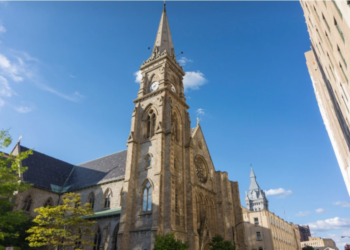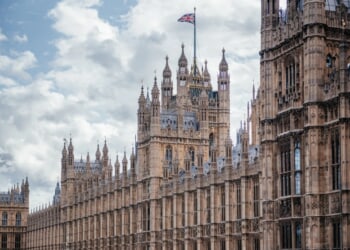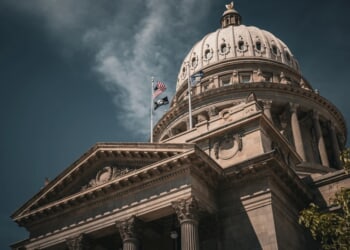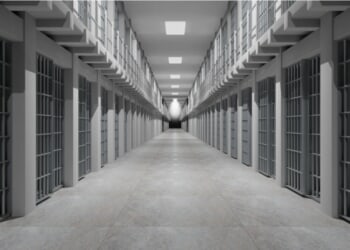CNA Staff, Apr 8, 2025 /
14:14 pm
Multiple U.S. bishops are hailing a proposed bipartisan effort to keep religious workers — including Catholic priests — in the United States by extending their special visas instead of sending them to their home countries for extended lengths of time.
Catholic advocates have been warning for months of a looming crisis in which many U.S.-based priests will be forced to leave their ministries and return to their home countries, after which they would be subject to lengthy wait times before coming back.
A 2023 change to U.S. visa rules created a backlog of visa applicants that has threatened to prevent priests from obtaining a green card before their initial religious worker visa expires.
The backlog was created when the State Department and Department of Homeland Security (DHS) increased the number of immigrants from El Salvador, Guatemala, and Honduras who are applying for EB-4 visas, the special visa category used by religious workers.
Church officials have warned that the backlog could lead to significant priest shortages in the country, with the U.S. Conference of Catholic Bishops stating that, due to the rule change, immigrants on temporary five-year R-1 visas could be forced to return home and wait many more years for a permanent EB-4 visa.
‘Critically needed’ visa reform
On Tuesday a group of U.S. senators including Virginia Democratic Sen. Tim Kaine and Maine Republican Sen. Susan Collins introduced the Religious Workforce Protection Act, which would allow R-1 immigrants to “stay in the U.S. while waiting for permanent residency,” according to a press release from Kaine’s office.
The proposed bill, which is just three pages long, would offer a “targeted fix” to the looming R-1 crisis “by granting the DHS secretary the authority to extend temporary R-1 nonimmigrant status for religious workers past five years until they receive a decision on their permanent residence application.”
The measure was hailed by multiple U.S. bishops, including El Paso, Texas, Bishop Mark Seitz, the chairman of the U.S. Conference of Catholic Bishops’ migration committee.
“We applaud this bipartisan effort, which recognizes the importance of foreign-born religious workers in communities across our nation,” Seitz said in a press statement. “Without them, many Americans would be left without the essential religious and social services they provide.”
Bishop Barry Knestout of Richmond, Virginia, said the Richmond Diocese has “relied on missionary priests from around the world” since its founding in 1820.
“The loss of a trusted clergy member due to impractical immigration-related restrictions, compounded by significant visa backlogs, deeply impact[s] our parishioners’ free exercise of religious life,” Knestout said, hailing the proposed legislation’s help in “easing the burden on our parishioners, our churches, and the entire Diocese of Richmond.”
Columbus, Ohio, Bishop Earl Fernandes and Portland, Maine, Bishop James Ruggieri similarly praised the legislation. Ruggieri called the measure “critically needed” while Fernandes said it will allow “many of our religious priests and sisters to continue to serve the people of God and our local communities through their ministry.”
A similar measure was introduced on Tuesday in the U.S. House of Representatives.
In November 2024, Milwaukee Archbishop Jerome Listecki joined multiple dioceses in asking the federal government to address the EB-4 backlog.
In 2023, meanwhile, the USCCB’s migration committee joined an interfaith letter warning the government of the “increased hardship in staffing houses of worship, community centers, schools, charitable works, and other sites” stemming from the rule change.
(Story continues below)
Subscribe to our daily newsletter
The letter asked the government to “do everything within your power to preserve meaningful access” for religious workers seeking visas.


















